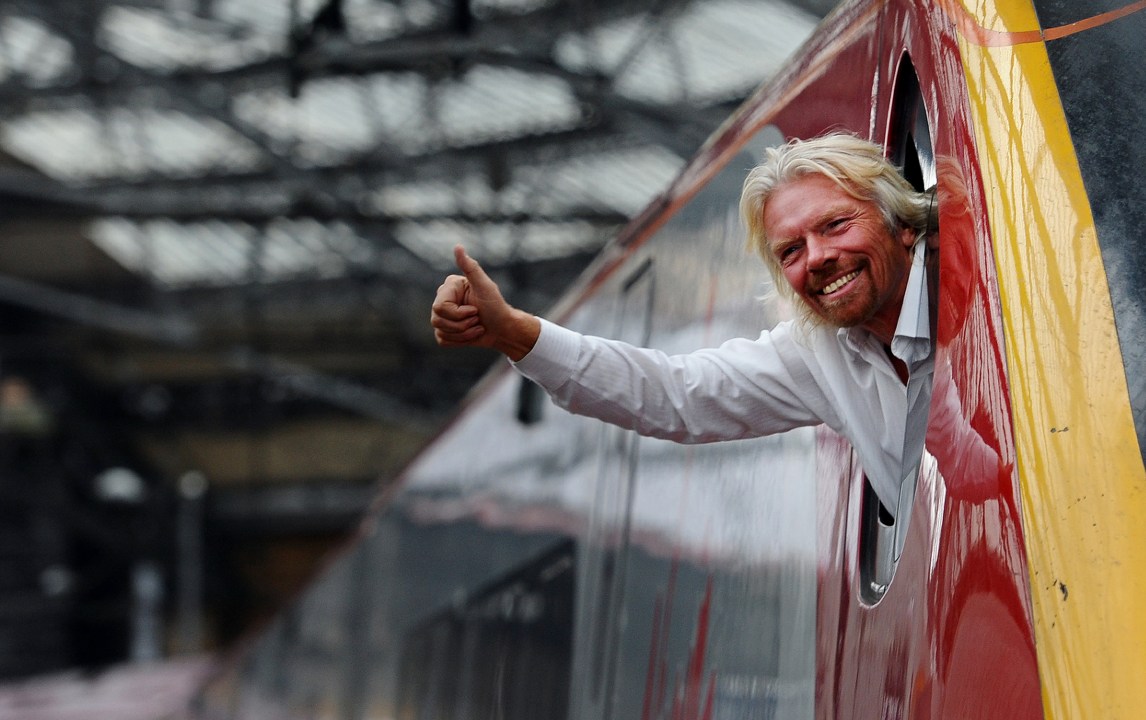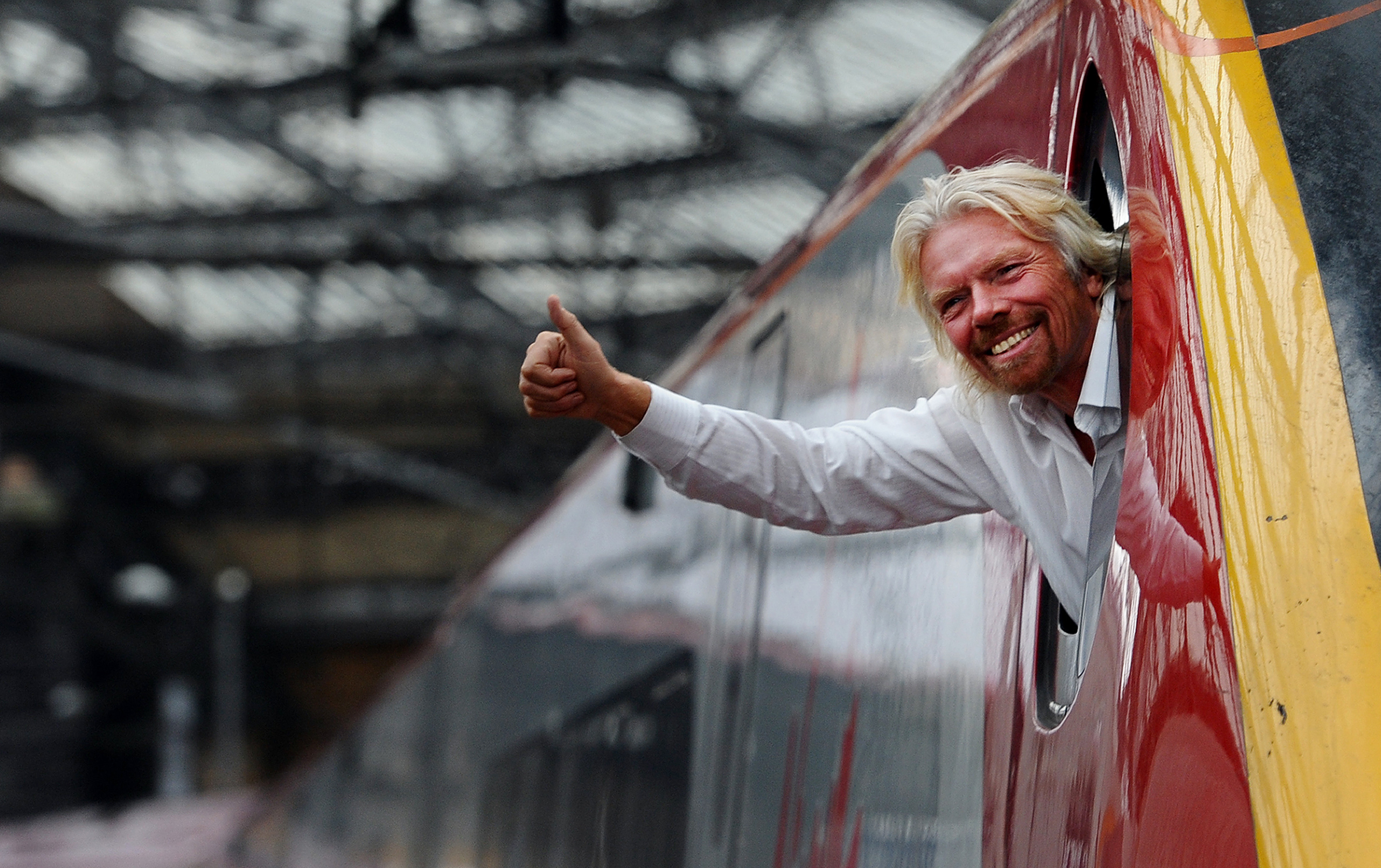How to signal your virtue is one of the most perplexing problems in modern etiquette. It has to be done, obviously. No one can get on in life, or at least on Twitter, without making clear to friends and strangers that they are for good things and against bad things. So pressing has the need for self-promotion become, people stop me in the streets and ask:
“How do I do it, Nick? How do I boost my profile and maybe getting a slot on Radio 4, while I’m about it?”
I’m tired of being bothered, so I’ll put my reply on the Web. The path of the self-righteous is strewn with obstacles, I reply. You can set off in the morning, face shining with holiness, your limbs strong and supple as you stride forward, only to find yourself tumbling over a cliff by lunchtime.
Being good is clearly not good enough. You may be kind, generous and just. But what’s the use of that? If the world does not know you are good, where’s the good in it? ‘No good deed goes unpublicised’ must be your motto from now on. You must announce your goodness, so that everyone believes you are good regardless of whether you are good or not. The sexual harassment cases against previous paragons of Hollywood liberalism and the misogyny in the BBC show that if enough people believe you are good, you can get away with being no bloody good at all.
As Virgin Trains gives every appearance of being. It is a state capitalist venture, which privatises profits and nationalises losses. But do not think for a moment that just because it persuades the government to let it off several billion pounds it had promised to the taxpayer it is somehow disqualified from parading its piety. You cannot censure Virgin from censoring. For, to return to a point I hinted at earlier: the worse you are the better you must seem to be.
Virgin Trains announced it was banning the sale of the Daily Mail on its services after concern among staff about ‘the Mail’s editorial position on issues such as immigration, LGBT rights, and unemployment’. The Mail’s continued presence in buffet carriages was incompatible with its brand.
And here is why it pays to advertise. Rather than fall about laughing at the gorgeous spectacle of Richard Branson’s – forgive me, ‘Sir’ Richard Branson’s – company delivering a sermon on equality, leftwingers who have spent several decades arguing for the re-nationalisation of the railway, supported him. They didn’t say ‘that’s all very well but where’s our money gone?’ Or ‘what with one thing and another we suspect we’ve more chance of winning our political battles without Virgin Trains’.
Such is the hatred of the Mail they were prepared to forget about the past and support a petty act of censorship. I was told repeatedly that the ban of the sale of the Mail was not a ban because only governments can censor. This will come as news to all the satirists and freethinkers from Holland to Bangladesh who received the ultimate censorship when Islamists killed them. But who cares about them? It was enough that the Mail was upset.
Most virtue signalling from left and right involves shutting people up. (And you only have to look at the right-wing press’s attempts to threaten Tory remainers to dispel the notion that the worst of the right is any better than the worst of the left.) But however appealing the tactic, however instant the hit, the problem remains that most people do not like being told what they can and cannot read or can and cannot think. Censors do not look good. They look priggish, bossy, small-minded and closed-minded, a point Virgin Trains grasped, when it was told by Branson to rescind its ban today after vast amounts of criticism, which boiled down to the essential point that Branson and his staff have no business telling people what to read.
Yet while the ban was in place its supporters probably did not care that no Daily Mail reader was likely to have stopped reading the paper because some Virgin staff said they didn’t like it. Or that others might have picked up the paper for the first time as a protest against their authoritarianism. They and all who supported them were concerned about themselves: how they felt, and how they were offended. The practical consequences of their actions do not appear to have concerned them in the slightest. As I said in theObserver yesterday, unless you can establish a dictatorship, censorship will backfire and push people who might have given you a hearing into your enemy’s camp. When the left censors it plays into the right’s hands, and vice versa.
The Mail represents the worst of a British right, which is getting ever more fascistic. While it calls judges ‘enemies of the people’ and the democratic opposition ‘saboteurs‘, it becomes ever more urgent to woo away those supporters whose minds can be changed. Exactly the same task faces the Democrats in the US. They must divide Trump’s supporters into the diehards, who will always stick by him, and the waverers who can be persuaded to vote against him. They need to appeal to them not threaten them. They need to think about winning not posing.
The best way to win is to stop thinking about yourself and the moral stances you take, and to think instead that, however satisfying calls to censorship are, and however loud the applause from your friends, you are never going to win over your opponents by ripping newspapers from their hands.








Comments